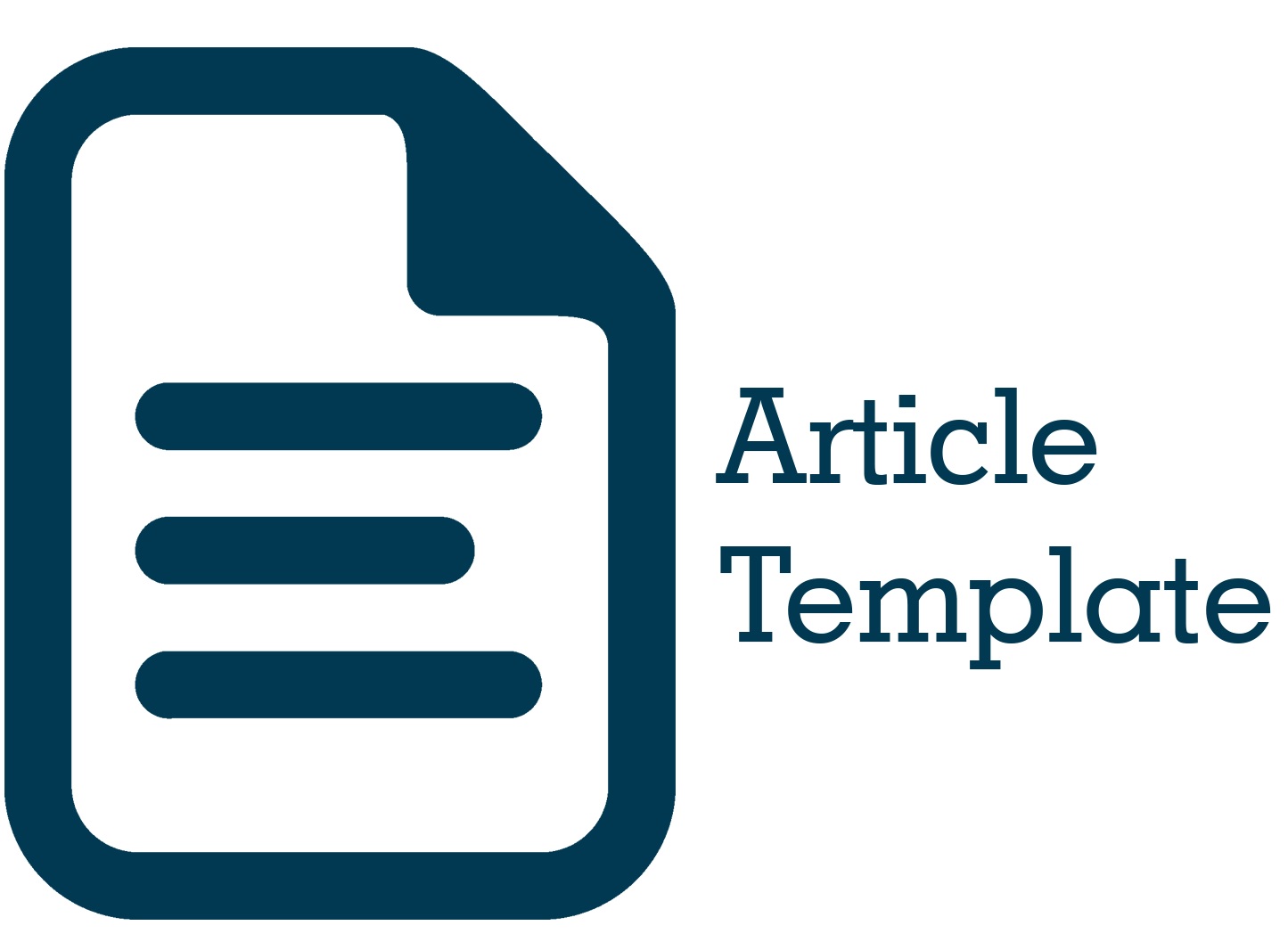Personal Values in Village Fund Fraud Prevention
DOI:
https://doi.org/10.51135/PublicPolicy.v5.i2.p872-883Keywords:
Morality, Idealism, Fraud PreventionAbstract
The increase of the village fund over the years, on the one hand - creates many opportunities for the village governments to improve their quality of life. However, on the other hand, it could lead to misuse and, to some extent, it is committed to fraud in the management process. Fraud is an unlawful act that causes many losses and benefits the perpetrator. Fraud may occur in both the private and public sectors (government). This research aims to empirically test the influence of Idealism and Morality on Fraud Prevention in Village Fund Financial Management. By using the Simple Random Sampling technique, the study is participated by Village Government Administrators and Village Consultative Councils in Teluk Ambon District as the population with the samples consisted of Village Government Administrators and Village Consultative Bodies from 6 (six) Villages in the Teluk Ambon District area. The research found that morality (p=0.008) and idealism (p=0.000) positively prevent fraud in village fund management. The result confirmed that when people have knowledge, understanding, and idealism, as well as personal values such as morals and ethics, they tend to avoid fraud. The research recommends conducting an experiment that focuses on groups to collect data to reduce internal validity problems. It may also examine other variables that can explain a more significant influence on fraud prevention
Downloads

Downloads
Published
How to Cite
Issue
Section
License
Authors whose manuscripts are published in the Journal of Public Policy must agree to the following terms;
- Publication rights for all manuscript materials published are held by the editorial board with the author's consent.
- The legal formalities for digital access to the Journal of Public Policy are subject to the Creative Commons Attribution Sharealike (CC BY SA) license, which means the Journal of Public Policy has the right to store, redistribute, reformat, manage in a database, maintain, and publish the manuscript without seeking permission from the author as long as the author's name is included as the copyright owner.
- Published manuscripts are open access for the purpose of disseminating research results. Besides this purpose, the editorial board is not responsible for copyright law violations.


.png)



